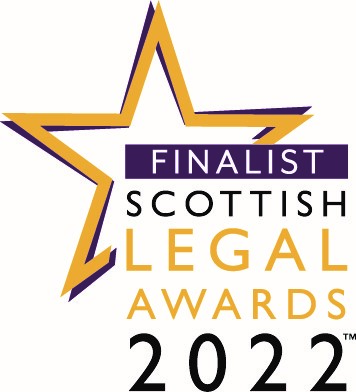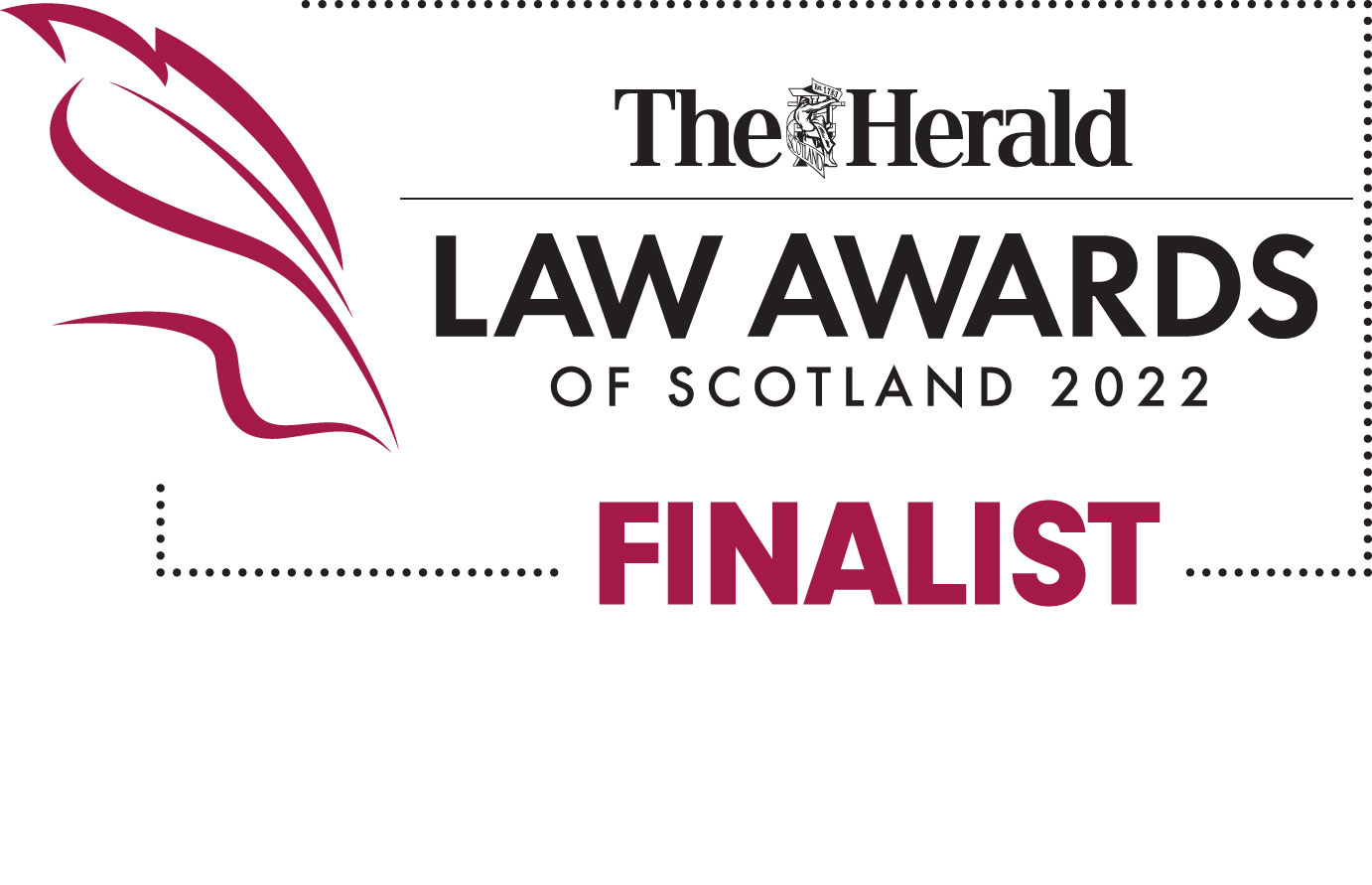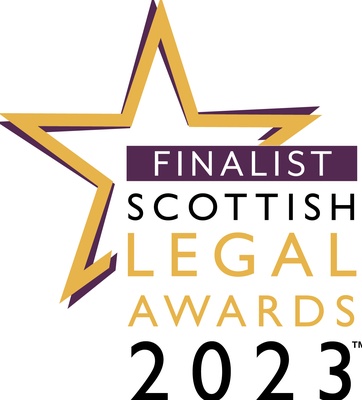Call us now: 0141 429 8166
Call us now: 0141 429 8166
The word ‘discrimination’ is often used to describe being treated unfairly, but the law does not prevent employers from treating employees differently: otherwise managing a workforce would be impossible.
What the Equality Act prevents is employers treating employees differently for a particular reason which has nothing to do with their work but is based on something personal to them – these are called ‘protected characteristics’. That treatment is ‘unlawful’ and entitles the employee to damages.
There are 9 protected characteristics:
‘Belief’ has been developed further by the courts to include a particular philosophy or world-view, including veganism, man-made climate change, and public service.
There is no minimum length of service required for anyone to bring a claim for unlawful discrimination – in fact, a claim can be made by someone who never in fact ever becomes an employee, e.g. if a job advert is discriminatory (“young woman required”).
This is complicated. Employers and employees can both be liable for acts of discrimination which happen in connection with work. So claim for discrimination can be brought against the employer (as an organisation) and also against the individual who made the decision/comments etc.
It will be the role of the Employment Tribunal to decide whether the employers is liable for the acts of their employees, even though they may not have known or had any input into the decision. This is known as vicarious liability. An employer can contest vicarious liability by showing they took all reasonable steps to try to prevent discrimination from occurring in the first place, e.g. by means of training staff.
While claims for unfair dismissal are ‘capped’ in the ET at one year’s salary, there is no such limitation on damages for discrimination are technically uncapped in the amount a panel can award. The damages measure ‘injury to feelings’. Often this depends on medical evidence, e.g. whether any medication was required. There are published guidelines, known as the ‘Vento’ bands, which are Lower (£900-£9000), Middle (£9000-£27,000), and Upper (£27,000-£45,000).
There are 4 ways in which discrimination can occur due to any of the 9 protected characteristics:
Direct discrimination, Indirect discrimination, Harassment, Victimisation:
There are two additional ways in which those who are treated as disabled under the Equality Act can be discriminated against – failure to make reasonable adjustment and discrimination arising from disability. These are also a whole host of rules covering employees who take maternity leave. Each are covered in more detail in our dedicated pages to disability discrimination and maternity rights.
If you are facing a claim, or are being treated unfavourably at work, then contact our team of expert Employment Lawyers who can advise you about what options you have. Call us on 0141 429 8166 or complete our online contact form.
Livingstone Brown is a leading firm of Scottish solicitors. Based in Glasgow, but dealing with cases around the country, the firm has been at the forefront of legal service provision for over thirty years.
If you have a legal problem, getting good quality legal information at the earliest stage can be invaluable. The firm offers a free initial enquiry service; all you have to do is call in, telephone, or e-mail. You won't be charged for your enquiry; we'll let you know by return whether we can help, what we can do, and how much it's likely to cost. We can also offer legal aid where available.
Led by former senior partner Gerard Brown CBE, who continues as a consultant, the firm has built up an enviable reputation for quality of service and client care.
The firm has won various awards over the years. In the 2019 edition of the prestigious Legal 500 rankings Livingstone Brown was ranked as a 'top-tier' firm for general criminal work, and is also recommended for fraud cases. Stuart Munro and Gerard Brown were named as 'Recommended Lawyers'. In the Chambers directory the firm has a Band 1 ranking for criminal work, and Stuart Munro is a ranked financial crime lawyer. The firm was named Criminal Defence Firm of the Year and Family Law Team of the Year at the Scottish Legal Awards 2019.
Reliable, expert advice you can trust. Get in touch today










